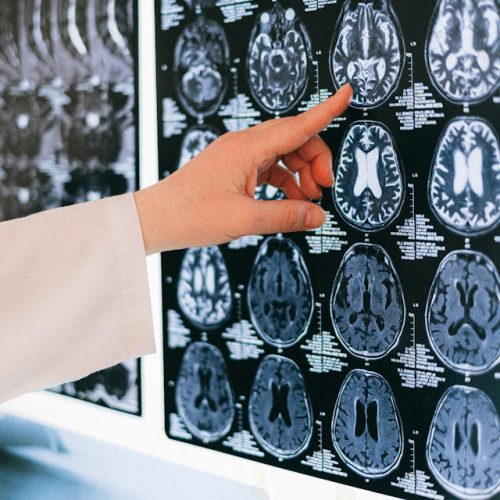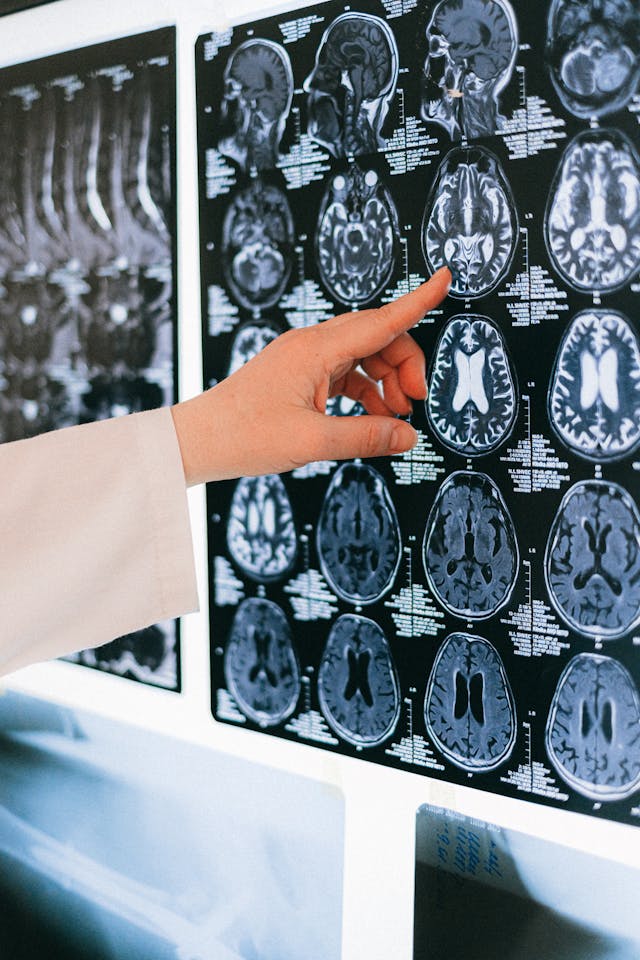Addison’s Disease, also known as primary adrenal insufficiency, is a rare but serious disorder that occurs when the adrenal glands do not produce enough hormones, particularly cortisol and aldosterone. While it primarily affects physical health, Addison’s Disease can also have significant psychological impacts, including depression. Understanding the relationship between Addison’s Disease and depression is crucial for effective management and treatment.
Symptoms and Signs
Physical Symptoms:
- Fatigue
- Muscle weakness
- Weight loss
- Decreased appetite
- Darkening of the skin (hyperpigmentation)
- Low blood pressure, which can lead to fainting
- Salt cravings
- Low blood sugar levels (hypoglycemia)
- Nausea & vomiting
- Diarrhea
- Abdominal Pain
- Joint Pain
- Muscle Pain
Psychological Symptoms:
- Irritability
- Mood changes
- Difficulty concentrating
- Depression
- Anxiety
- Changes in personality or behavior
Causes and Risk Factors
Addison’s Disease is primarily caused by damage to the adrenal glands, which can occur due to:
- Autoimmune Disorders: The immune system mistakenly attacks the adrenal glands.
- Infections: Tuberculosis, HIV, or fungal infections can damage the adrenal glands.
- Genetic Factors: Certain genetic conditions can increase the risk.
- Cancer: Metastatic cancer can spread to the adrenal glands.
- Other Diseases: Conditions such as amyloidosis, sarcoidosis, and hemochromatosis.
Risk Factors:
- Family history of autoimmune diseases
- History of infections affecting the adrenal glands
- Genetic predisposition to adrenal gland disorders
Diagnosis
Diagnosing Addison’s Disease involves a combination of medical history, physical examination, and specific tests:
- Blood Tests: To measure levels of sodium, potassium, cortisol, and adrenocorticotropic hormone (ACTH).
- ACTH Stimulation Test: Measures the adrenal glands’ response to synthetic ACTH.
- Imaging Tests: CT scans or MRI to check for abnormalities in the adrenal glands.
- Autoantibody Tests: To identify autoimmune adrenalitis, the most common cause of Addison’s Disease.
Treatment Options
Treatment for Addison’s Disease typically involves hormone replacement therapy to correct the hormone levels that the adrenal glands are not producing adequately:
- Corticosteroids: Such as hydrocortisone, prednisone, or dexamethasone to replace cortisol.
- Mineralocorticoids: Such as fludrocortisone to replace aldosterone.
- Sodium Intake: Increased salt intake, particularly during heavy exercise, hot weather, or gastrointestinal upsets.
- Regular Monitoring: Frequent check-ups to adjust medication dosages and monitor health status.
Prevention
While Addison’s Disease cannot always be prevented, certain measures can help reduce the risk or manage the condition effectively:
- Early Detection: Regular medical check-ups, especially if you have risk factors.
- Managing Autoimmune Disorders: Proper management of autoimmune diseases can reduce the risk of developing Addison’s Disease.
- Infection Control: Timely treatment of infections to prevent adrenal gland damage.
- Medication Adherence: Strict adherence to prescribed hormone replacement therapy.
Talking to Your Doctor
If you suspect that Addison’s Disease might be contributing to your depression, it’s crucial to have an open and honest conversation with your doctor. Here are some tips:
- Prepare Your Symptoms: Keep a detailed list of all physical and psychological symptoms you are experiencing.
- Medical History: Provide your doctor with a complete medical history, including any autoimmune disorders or infections.
- Ask About Tests: Inquire about specific tests to diagnose Addison’s Disease, such as blood tests and the ACTH stimulation test.
- Discuss Treatment Options: Explore possible treatment plans that address both Addison’s Disease and depression.
Disclaimer
This article is for educational purposes based on my research. I am not a doctor nor a health advisor. None of the information in this article should be considered without speaking with your primary care doctor first.








